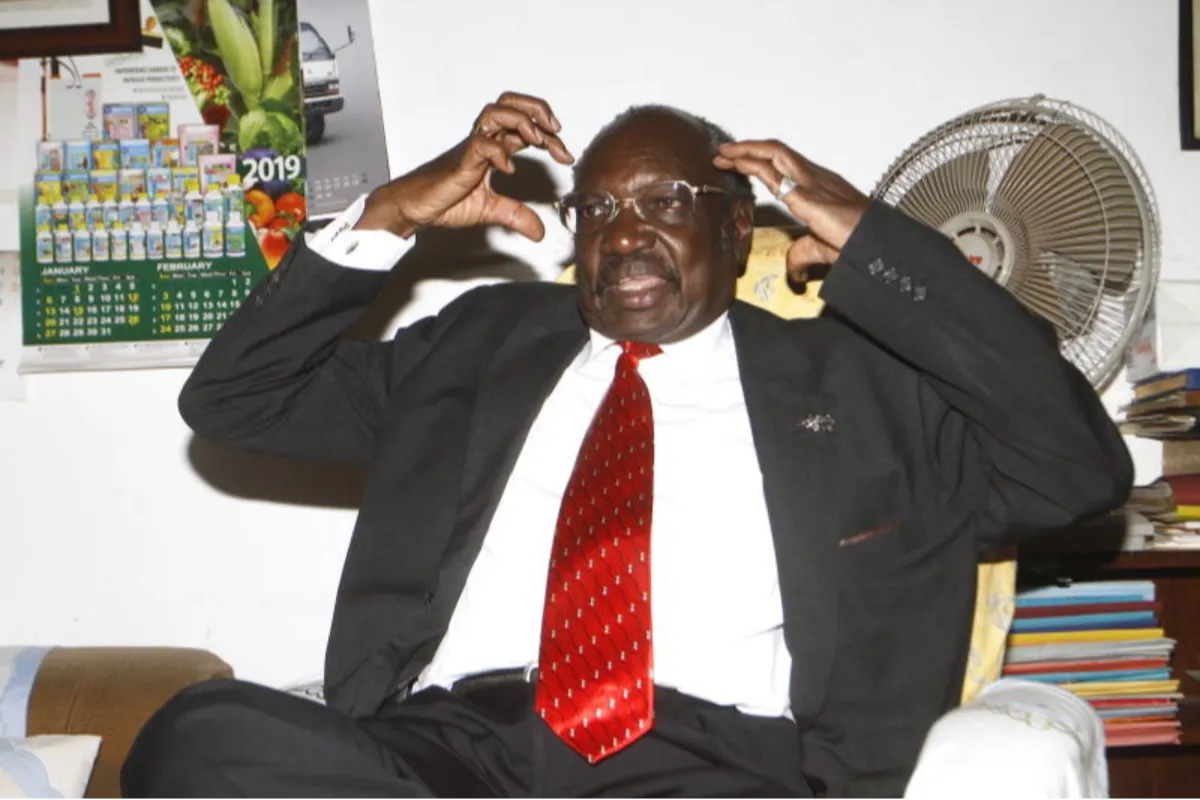NAIROBI, Kenya — Renowned Kenyan HIV/AIDS researcher, Professor Arthur Obel, a pivotal figure in the nation’s early response to the virus, has died.
His passing was confirmed on Saturday night by Senator Boni Khalwale, who shared a heartfelt tribute to the late scientist. “RIP Prof Arthur Obel. My teacher, my friend,” Khalwale wrote on social media, prompting an immediate outpouring of condolences from the Kenyan public and the scientific community.
Professor Obel was one of Kenya’s most prominent medical researchers during the 1990s and early 2000s, known for his bold, if controversial, attempts to pioneer locally produced treatments for HIV.
At a time when imported antiretroviral (ARV) drugs were prohibitively expensive and largely inaccessible, Obel championed several projects aimed at finding affordable, domestic solutions to the rapidly escalating health crisis.
In the early 1990s, Obel announced the development of a drug he named Pearl Omega, claiming it could effectively treat HIV/AIDS. Facing an epidemic that claimed thousands of lives annually amid a scarcity of treatment options, the government initially backed the research, holding out hope for a homegrown medical breakthrough.
Also Read: Lenacapavir: HIV prevention drug price slashed from $28,000 to $40 for low-income nations
However, subsequent trials failed to provide sufficient evidence of the drug’s effectiveness. The World Health Organization (WHO) eventually declared that Pearl Omega did not meet established international medical standards.
Despite this major setback, Professor Obel maintained a respected stature in medical circles. He is remembered for his tenacious efforts to seek answers during what was one of Kenya’s most severe national health crises.
Obel’s efforts were part of a broader movement by local researchers—including Dr. Davy Koech, who worked on the experimental treatment Kemron—to find accessible solutions. The coordinated, national-level response to the epidemic only fully mobilized after the late President Daniel arap Moi declared HIV/AIDS a national disaster in 1999.
Moi’s proclamation led to the establishment of the National AIDS Control Council (NACC), the widespread launch of voluntary counselling and testing (VCT) centers, and the national roll-out of antiretroviral therapy (ART) programmes, which ultimately led to a dramatic reduction in mortality rates.

